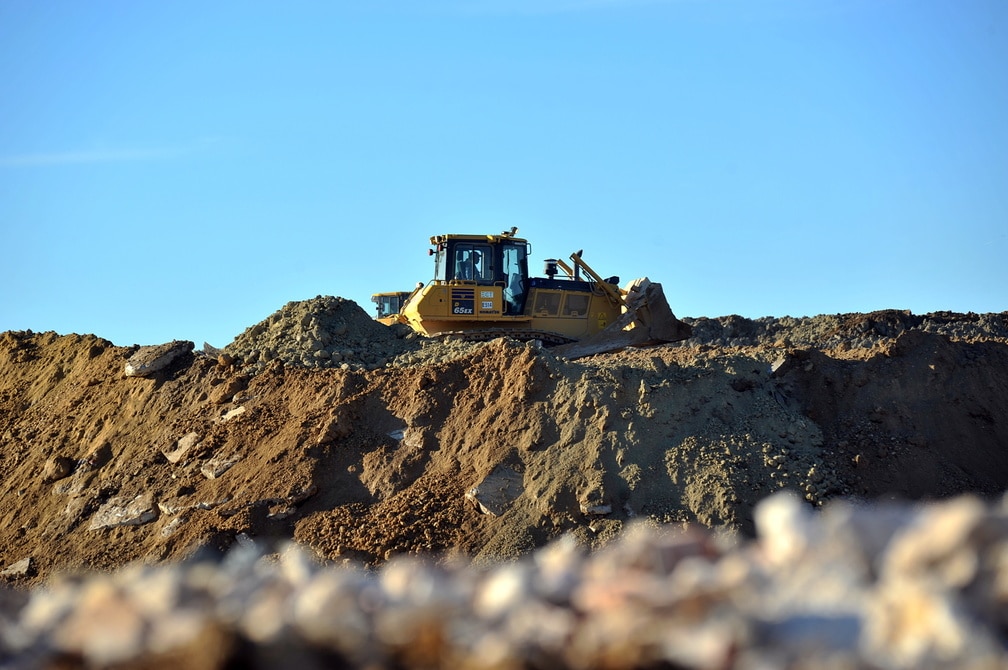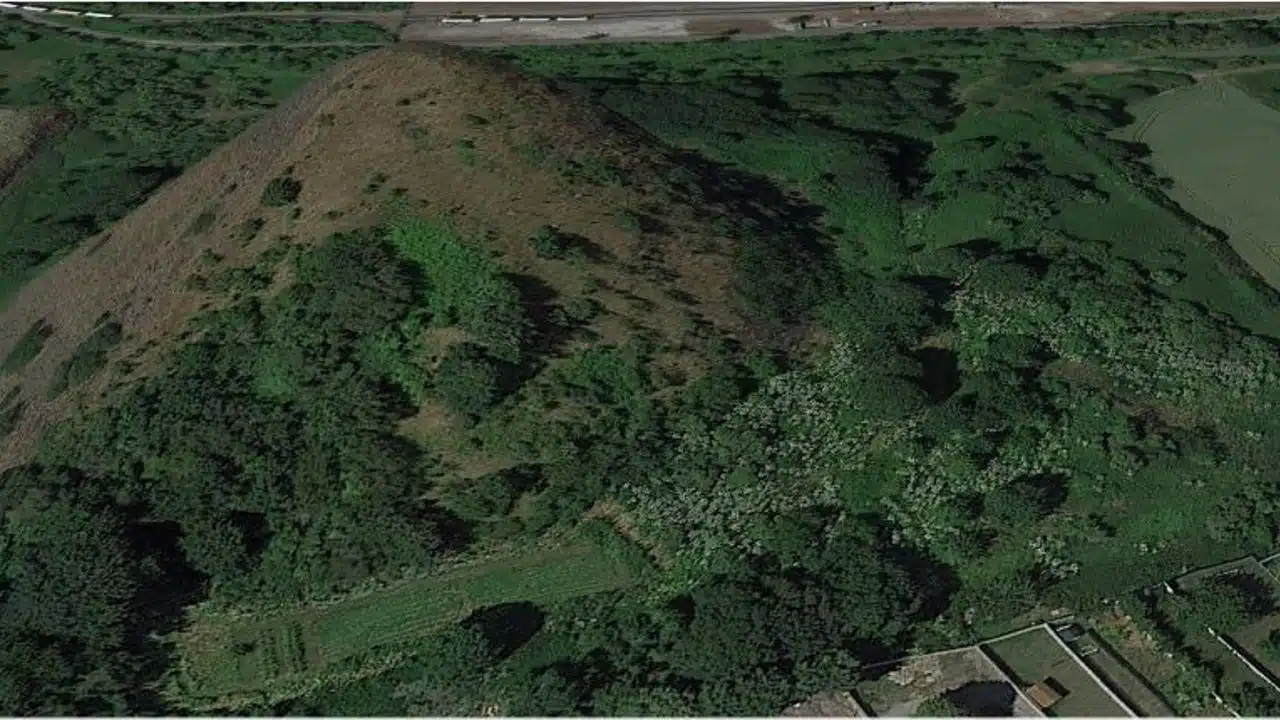From May 1, 2023, information from the chronological registers of companies excavating or receiving excavated soil and materials must be transmitted. This information is transmitted via the National Register of Waste, Excavated Soil and Sediment (RNDTS). This is an important step in strengthening the chain of traceability for excavated soil.
What will change with regard to the traceability of excavated soil and materials?
As of January1, 2022, companies will be required to keep chronological registers.
This obligation applies to all players in the chain: waste producers, brokers, traders, transporters, operators of treatment and recovery facilities, etc.
What changes on May 1, 2023, is the implementation of the obligation for producers of excavated materials and operators of reception sites to transmit information to the RNDTS.
This obligation applies to movements during the period January to March 2023. For subsequent months, the movements for each month must be transmitted no later than the last day of the following month. Transactions carried out in 2022 do not have to be transmitted to RNDTS, but must be kept for 3 years.
Finally, by June 30, the companies concerned will have to be up to date with their RNDTS transmissions for non-hazardous waste (NHW), carried out since January 1, 2022.
How did ECT prepare for these deadlines?
ECT develops its business tool to meet new regulatory requirements. These adaptations are made in collaboration with :
- public services in charge of RNDTS,
- its customers in earthworks, haulage and soil production,
- and its IT partner CKDEV.
The functionalities of our customer extranet are expanding. In this way, the information required for the chronological registers and the RNDTS register can be easily downloaded and transmitted. Our customer extranet becomes a resource platform for completing and informing all traceability registers.
What information must be transmitted to the RNDTS by producers and operators of landfill sites?
The aim is to strengthen the traceability of excavated soil as it moves around. Information includes dates, nature of excavation and associated waste codes, site of origin, transport methods, destination site, treatment operations and volumes involved.
What are the penalties for failing to comply with RNDTS reporting obligations?
Producers and operators who fail to comply may be subject to criminal penalties. Each breach is punishable by a fine of up to €750 for a 4th-class offence (article 111-13 of the French Penal Code). In the event of a repeat offence or failure to comply, the criminal penalty can extend to up to 2 years’ imprisonment and a €75,000 fine.



